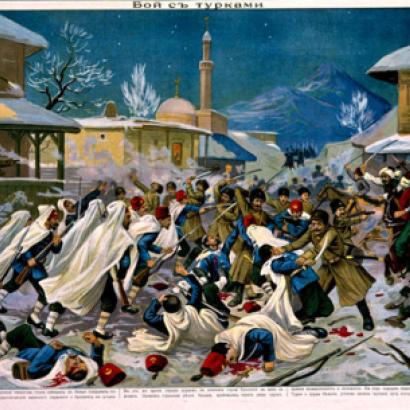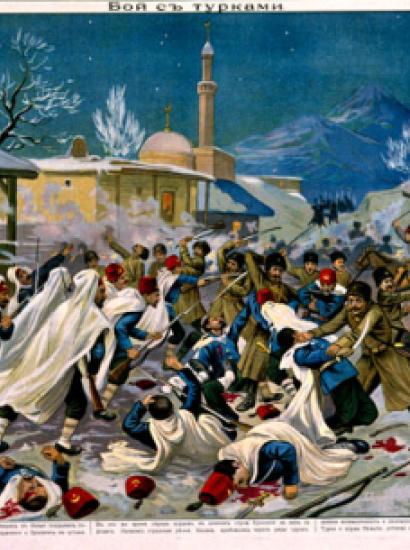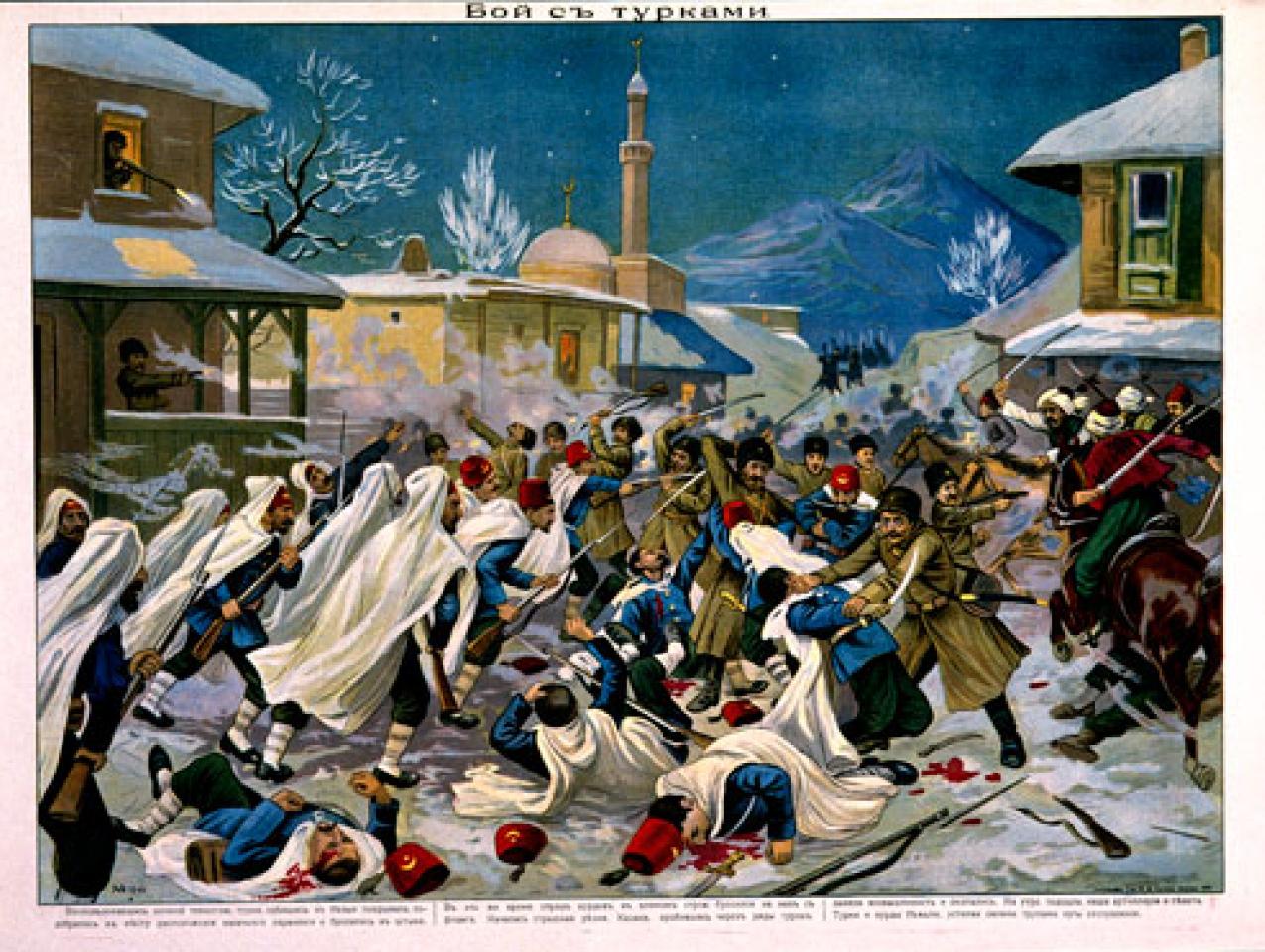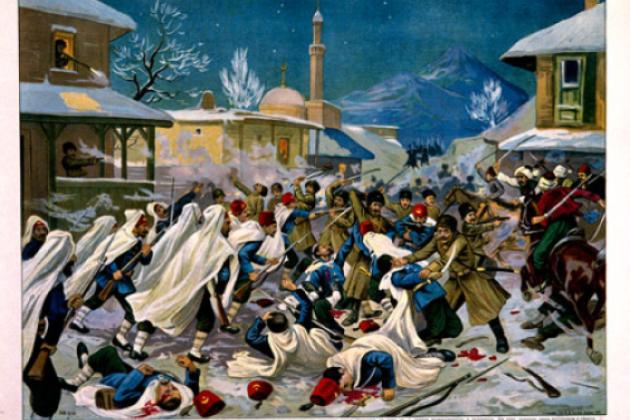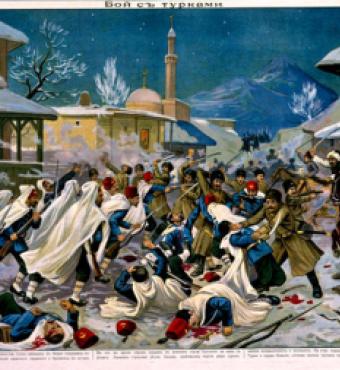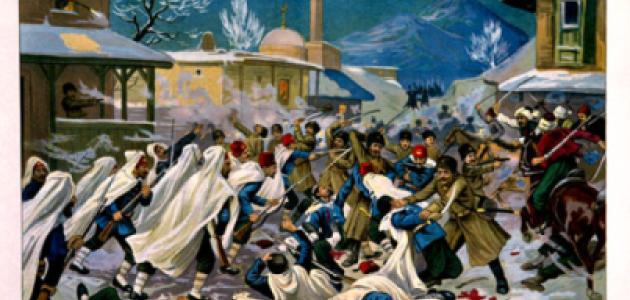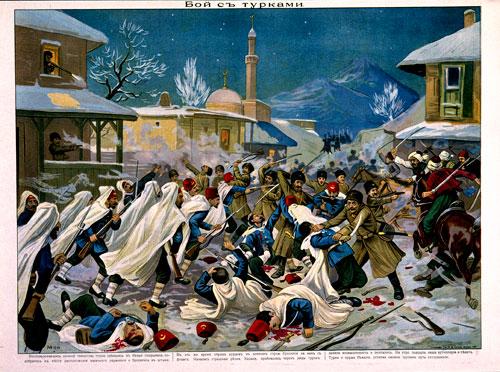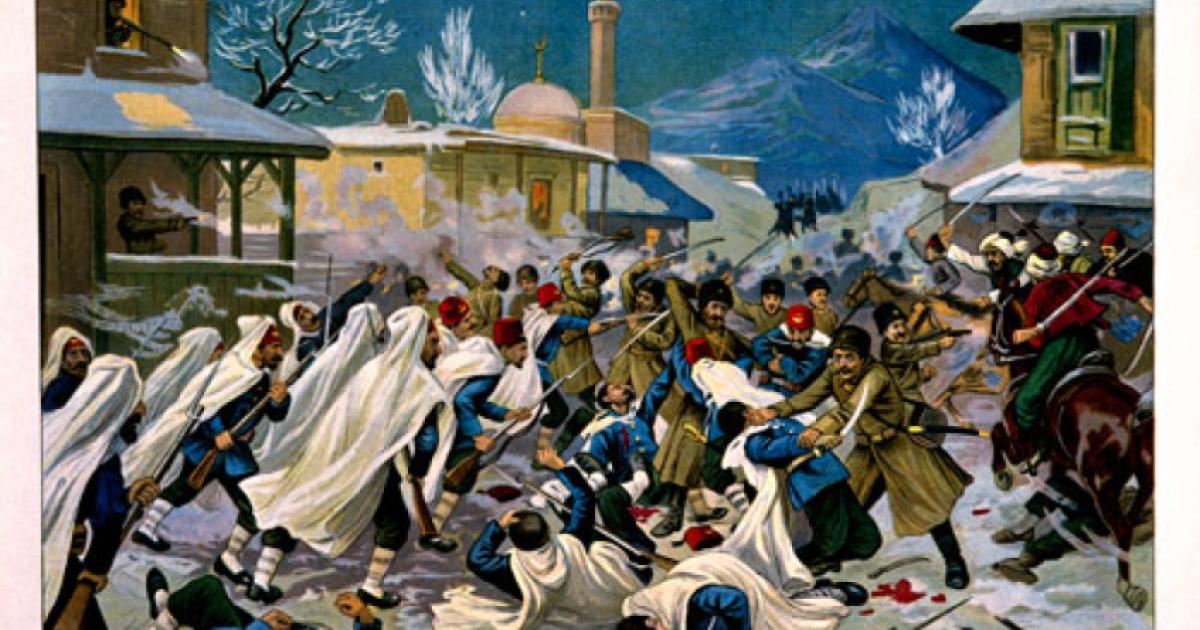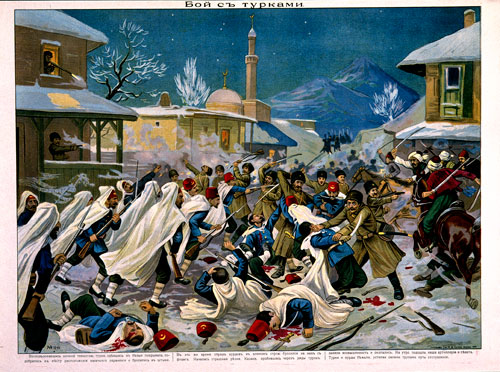
The emergence of Turkey as the most powerful regional player in the Middle East should not surprise Americans. Of all the Middle Eastern Islamic nations, it is the only one that has adapted to the modern world with any degree of success. The revolution carried out by Kemal Ataturk in the 1920s and 1930s provided a crucial division between religion and politics in Turkey, which even with an Islamic party in power today in Istanbul remains largely intact. By so doing, Ataturk created the possibility for Turkey to become a modern nation in the Western sense. The economic explosion of the past decade has carried the Turks toward a new level of power, especially if the movement toward a deal with their Kurdish population in the east reaches fruition.
Only Americans would ask this question about the relationship between Turkey and the United States because gazing myopically toward China and the Pacific much of Washington is focusing on short-term rather than long-term strategic factors. In the short term, of course, one can complain about supposed Turkish support for of jihadists fighting Assad in Syria, Turkish annoyance at the army’s overthrow of President Morsi in Egypt, as well as a number of biting political attacks on Israel by Turkish president Recep Tayyip Erdogan. These trends certainly do not suggest that the Turkish regime is particularly friendly to American interests. But one must remember that the Turks, and whatever party rules them, are not in the business of defending American interests; rather their top priority is the defense of their own interests, at least as they perceive them.
In 2003 the Turkish government eventually decided not to allow the U.S. 4th Infantry Division to disembark in Turkey to invade Saddam Hussein’s Iraq from the north. Quite simply most Turks did not view the American adventure into the Middle East as in their interest. In spite of the egregious American efforts to bribe the Turkish government with billions of dollars, the Turks sensibly decided to remain on the sidelines. The reaching out of the Turks to Muslim Brotherhood parties in what were at one time the provinces of the Ottoman Empire before the First World War also appears to be a disturbing sign that the Turks are gravitating away from American interests, narrowly defined. But viewed from the perspective of the Turkish government and people, we are clearly dealing with the fact that the Turks believe this engagement with their co-religionists furthers what they perceive as Turkish interests in the region.
In strategy it is the long term that matters. First of all, one must not lose sight that Turkey–unlike other nations in the Arab Middle East, which are a collection of tribes–is a nation with a common language, common national traditions, and the influence that Ataturk still wields over much of the nation. Turkey’s transition to democracy from army rule has admittedly brought an Islamic party to power. Yet, it is also significant that Erdogan and his party have provided a period of unparalleled growth and prosperity to Turkey and its people. Moreover, there appears a considerable possibility that the Turks and the Kurds will finally settle their decades smoldering war in Eastern Turkey.
That possibility has increased in probability, given the close relations that have developed between Turkish businessmen and the Kurds lying across the border on Iraqi Kurdistan. And that, of course, brings the oil on Kurdish land close to the Turkish economy. The Turkish economy has hit a period of significant slowdown with increased inflation over the past year. Nevertheless, whatever economic problems the Turks are having are nothing in comparison to those being suffered by the weak sisters of the EU, namely Greece, Italy, Spain, and Portugal.
In the long-term the stability of the Middle East looks anything but sure. With a massive growth in the population–3 percent per year, the second highest in the world–virtually no jobs, and the rise of radical fundamentalism, the troubles in Syria may well be only the harbinger of worse times to come. In this sea of troubles, Turkey appears to be the one area in the Middle East where substantial political troubles will not occur. And one should not forget that the Turkish military is clearly the most powerful in the Middle East, outside of perhaps Israel. If its deal with the Kurds stands up, not only with its own Kurds, but those outside its borders, Turkey will represent a crucial rock that could help in preventing events in the region from getting out of hand. Make no mistake about it, the Turks–whatever political party is in control–will follow their own interests as a major actor in the region rather than what those in Washington perceive as those of the United States. But they will stand on the side of political and economic stability in the Middle East, which one assumes will also be the focus of American policy in the region as well.







